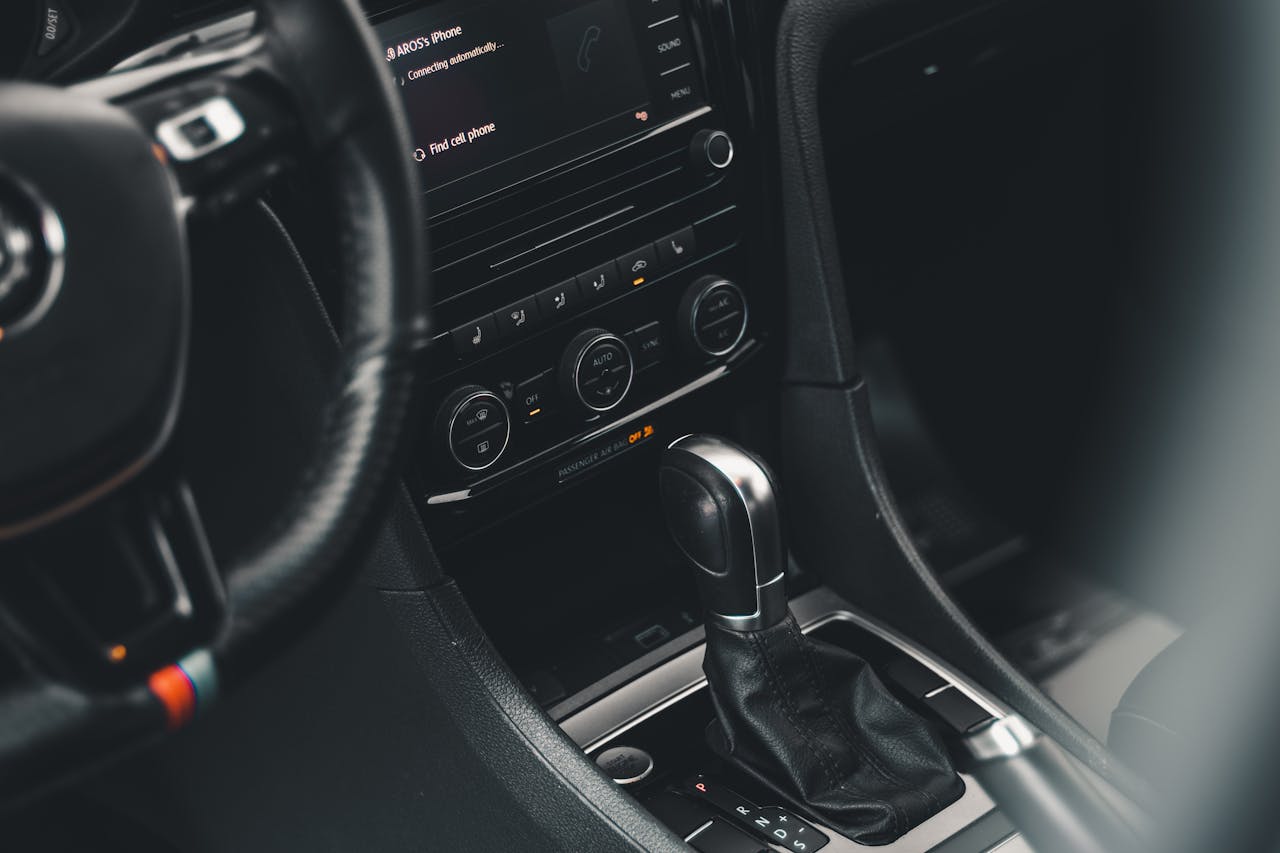Intro:
We used to expect cars to just get us from point A to B. But today, drivers want more. They want someone — or something — to understand them along the way. That’s where in-car AI personalities are stepping in.
Beyond Voice Commands
For years, voice assistants in vehicles were basic — answering questions or setting destinations. But modern drivers expect more than robotic replies. They want conversation, empathy, and anticipation. Think of it as moving from voice control to voice connection.
At Telocimind, we’re creating AI that doesn’t just respond — it listens, adapts, and even reflects your mood. Your car knows when you’re stressed and plays calming music. It senses when you’re tired and offers to guide you home the safest way.
Emotionally Intelligent Interfaces
The new generation of in-car companions is emotionally aware. Using tone of voice, facial expressions, and driving patterns, AI can understand when you’re frustrated, excited, or distracted. Then it responds — not just with information, but with care.
Instead of saying “Recalculating,” it might say, “No worries, I’ve found a faster way.” That’s the future: less robotic, more relatable.
Why It Matters
Drivers are overwhelmed with alerts, screens, and inputs. Human-like AI cuts through that noise. When the car understands you, you trust it more — and that builds safer, smoother experiences.
This shift isn’t just about convenience. It’s about designing technology that feels more like a co-pilot than a tool.
Closing Thought
We’re not building machines that talk. We’re building companions that care.
At Telocimind, we believe every car should have a personality — one that understands yours.





